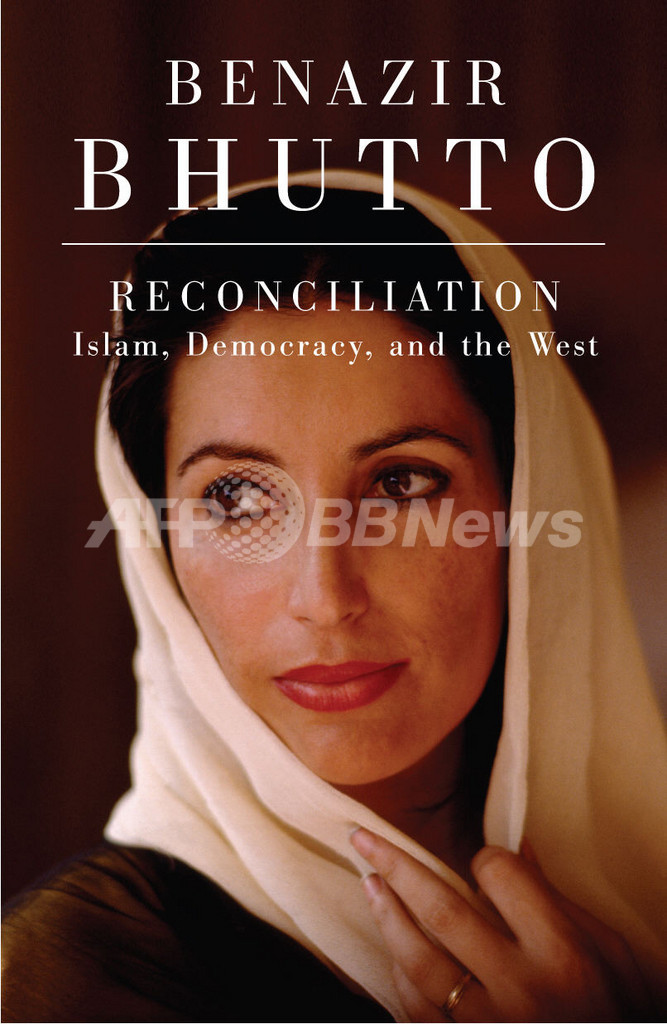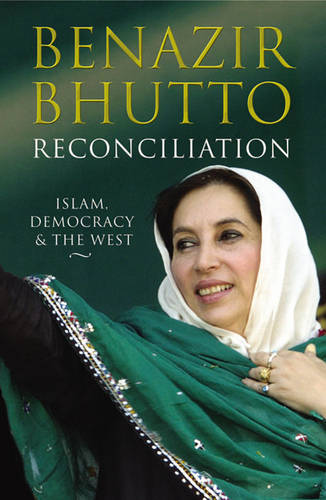

Western foreign policy towards Iran has consistently overlooked the power of the ideology born in the revolution. The ideology of the Islamic Revolution bolstered Islamist groups and set an example that power through force was possible. The events of 1979-not just the revolution but also the storming of Islam’s holy city of Mecca by extremist insurgents and the Soviet invasion of Afghanistan-set major powers in the Middle East on a knee-jerk path to religious conservatism and away from modernisation, altering the entire relationship between religion and politics in the Muslim world. It is the entrenchment of a dogma, levelled against perceived enemies of Islam, that has been Iran’s most potent resource. Yet material support for destabilising forces is just one weapon in Iran’s armoury.

Support for militarised dissidents in the Islamic world is both an ideological and a constitutional commitment. Despite a crippled economy and domestic dysfunction, the Iranian regime continues to divert Iran’s critical resources-including billions of dollars-to proxies across the region. “The Iranian people’s revolution is only a point in the start of the revolution of the great world of Islam.” These words of Ayatollah Ruhollah Khomeini, the founding father of the Islamic Republic and leader of the 1979 Iranian Revolution, marked the beginning of a project: to inspire and enable an Islamist revival across the Muslim world.įour decades on, Khomeini’s words still resonate, and the ricochet effects of the Islamic Revolution are still felt in the region and beyond. She was a renaissance woman who offered a way out. With her experience governing Pakistan and living and studying in the West, Benazir Bhutto was versed in the complexities of the conflict from both sides. She believed that by enabling dictators, the West was actually contributing to the frustration and extremism that lead to terrorism. Bhutto persuasively argues that America and Britain are fueling this turn toward radicalization by supporting groups that serve only short-term interests. With extremist Islam on the rise throughout the world, the peaceful, pluralistic message of Islam has been exploited and manipulated by fanatics. In Reconciliation, Bhutto recounts in gripping detail her final months in Pakistan and offers a bold new agenda for how to stem the tide of Islamic radicalism and to rediscover the values of tolerance and justice that lie at the heart of her religion. But she continued to forge ahead, with more courage and conviction than ever, since she knew that time was running outfor the future of her nation, and for her life.

Upon a tumultuous reception, she survived a suicide-bomb attack that killed nearly two hundred of her countrymen.

Benazir Bhutto returned to Pakistan in October 2007, after eight years of exile, hopeful that she could be a catalyst for change.


 0 kommentar(er)
0 kommentar(er)
